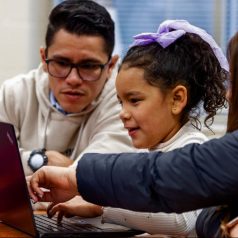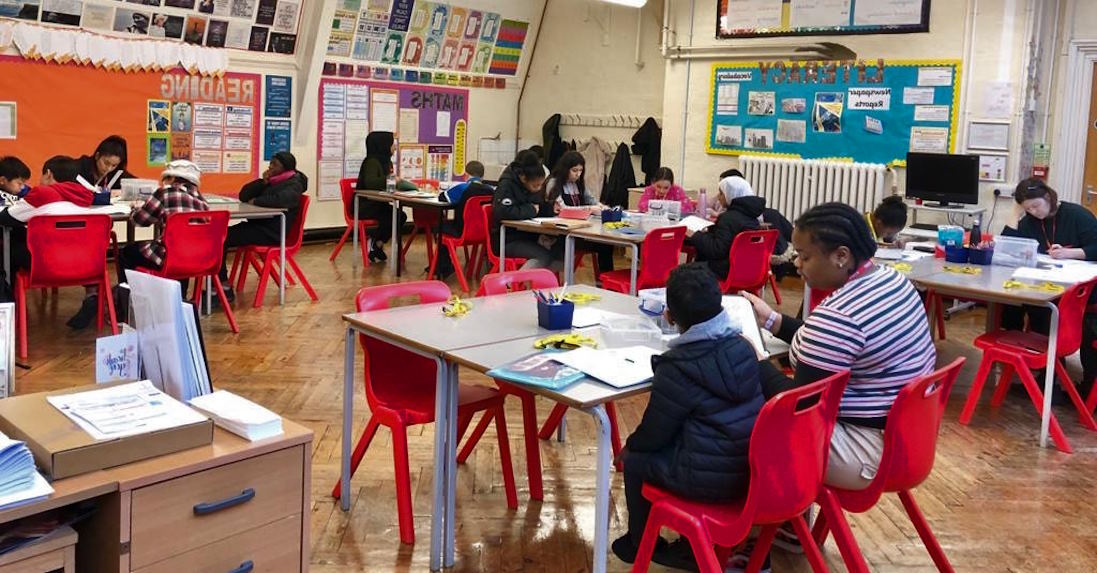Community-Based Education Support: Strengthening Local Initiatives

Education is the bedrock of societal progress, and its significance cannot be overstated. Yet, traditional education systems often struggle to cater to the diverse needs and contexts of local communities. In response to this challenge, a powerful and transformative approach has emerged: community-based education support. Through a series of case studies and best practices, we will explore how community-based education support has already proven to be a catalyst for positive change, and we’ll envision a future where this approach becomes an integral part of global efforts to enhance education for all.
Advantages of Community-Based Education Support
Enhanced Relevance and Cultural Sensitivity in Curriculum Development:
One of the key advantages of community-based education support is its ability to create curricula that are deeply relevant and culturally sensitive to the needs and aspirations of the local population. Unlike standardized curriculums imposed from outside, community-based approaches involve active participation from community members, educators, and leaders. This collaborative process ensures that the curriculum reflects the unique cultural, social, and economic contexts of the community. By integrating local knowledge, traditions, and values into the learning materials, students find themselves more engaged and connected to their studies. Moreover, culturally relevant education instills a sense of pride in students, fostering a positive self-identity and strengthening their sense of belonging within their community.
Increased Access to Education for Marginalized and Remote Communities:
Community-based education support has the power to break down barriers that have long hindered access to education for marginalized and remote communities. In many regions, traditional education systems struggle to reach those living in isolated areas or facing socio-economic challenges. Community-based initiatives, on the other hand, can be tailored to suit the specific needs and realities of these underserved populations. By establishing local learning centers, mobile schools, or leveraging digital technologies, education can now reach the most remote corners. Furthermore, community-based efforts often address the financial burdens that families face, offering scholarships or volunteer-led educational programs, making education more inclusive and accessible for all.

Strengthening Local Initiatives for Education Support
Identifying and Leveraging Community Resources and Expertise:
One of the fundamental steps in strengthening local initiatives for education support is recognizing and harnessing the wealth of resources and expertise present within the community. Each community possesses unique talents, skills, and knowledge that can be utilized to enrich the learning experience. By involving local artisans, elders, professionals, and parents in the educational process, a diverse range of perspectives is brought into the classroom. This not only enhances the quality of teaching but also exposes students to various career paths and life skills beyond the conventional curriculum. Additionally, by tapping into community resources, schools can acquire necessary materials, infrastructure, and support that might have otherwise been beyond their reach. The collaborative effort of utilizing community resources strengthens the bond between the school and the community, creating a mutually beneficial relationship.
Empowering Local Educators and Volunteers through Training and Capacity Building:
To ensure the success of local education initiatives, it is crucial to invest in the professional development of educators and volunteers. Training programs and capacity-building workshops equip these dedicated individuals with the pedagogical tools, modern teaching techniques, and leadership skills needed to effectively guide students. These training sessions not only enhance their teaching capabilities but also boost their confidence and enthusiasm for the job. Furthermore, ongoing support and mentorship foster a culture of continuous learning, encouraging educators and volunteers to stay motivated and updated with the latest educational trends. Empowered educators and volunteers are better equipped to address the specific challenges and learning needs of their community, ultimately leading to improved learning outcomes and increased student engagement.

The Future of Community-Based Education Support
Potential for Scaling up Successful Models and Replication in Different Contexts:
The future of community-based education support holds immense potential for scaling up successful models and replicating them in various contexts around the world. As we witness the positive impact of localized educational initiatives, there is a growing realization that these community-led approaches can be adapted and expanded to cater to diverse communities with unique needs. By carefully documenting the best practices and lessons learned from successful projects, education advocates can disseminate this valuable knowledge to other regions facing similar challenges. Moreover, international collaborations and partnerships can facilitate the exchange of ideas, allowing for cross-cultural learning and further innovation in community-based education. The flexibility of these approaches and their ability to adapt to different socio-cultural settings make them a promising avenue for transforming education on a global scale.
Policy Implications and Government Involvement in Supporting Community-Based Initiatives:
For the future of community-based education support to flourish, it is crucial for policymakers and governments to recognize and support the role of local initiatives in the education ecosystem. Integrating community-based approaches into official education policies can create an enabling environment for their growth and sustainability. This includes allocating resources and funding to empower communities and educators to take ownership of their educational processes. Additionally, governments can establish frameworks that encourage collaboration between community organizations, educational institutions, and relevant stakeholders. Recognizing the value of community expertise and input in decision-making can lead to more inclusive and effective education policies that address the diverse needs of students and their communities.































